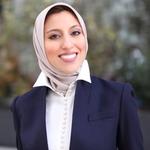Hijabi of the Month May - Rania Mustafa
Lifestyle
|
May 28, 2017
|
6 MIN READ
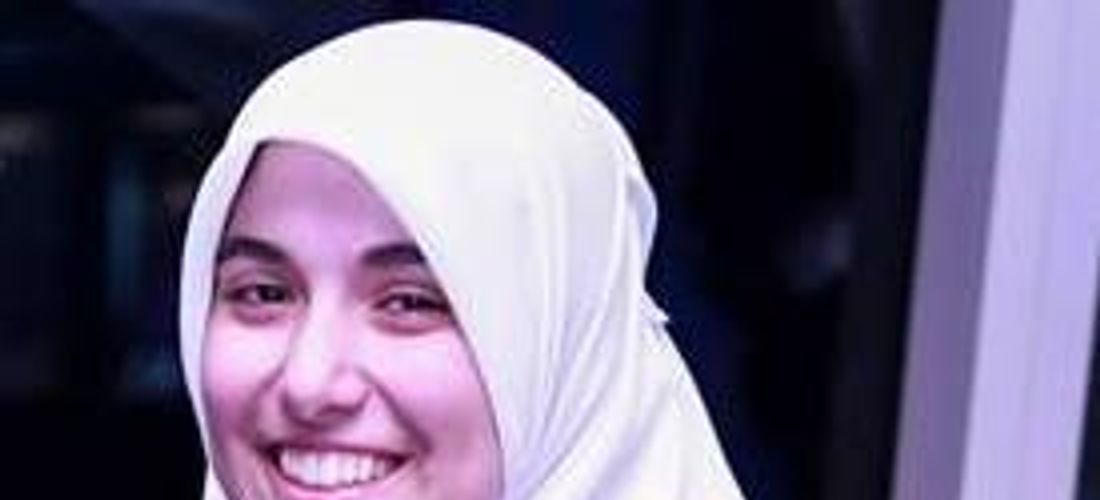
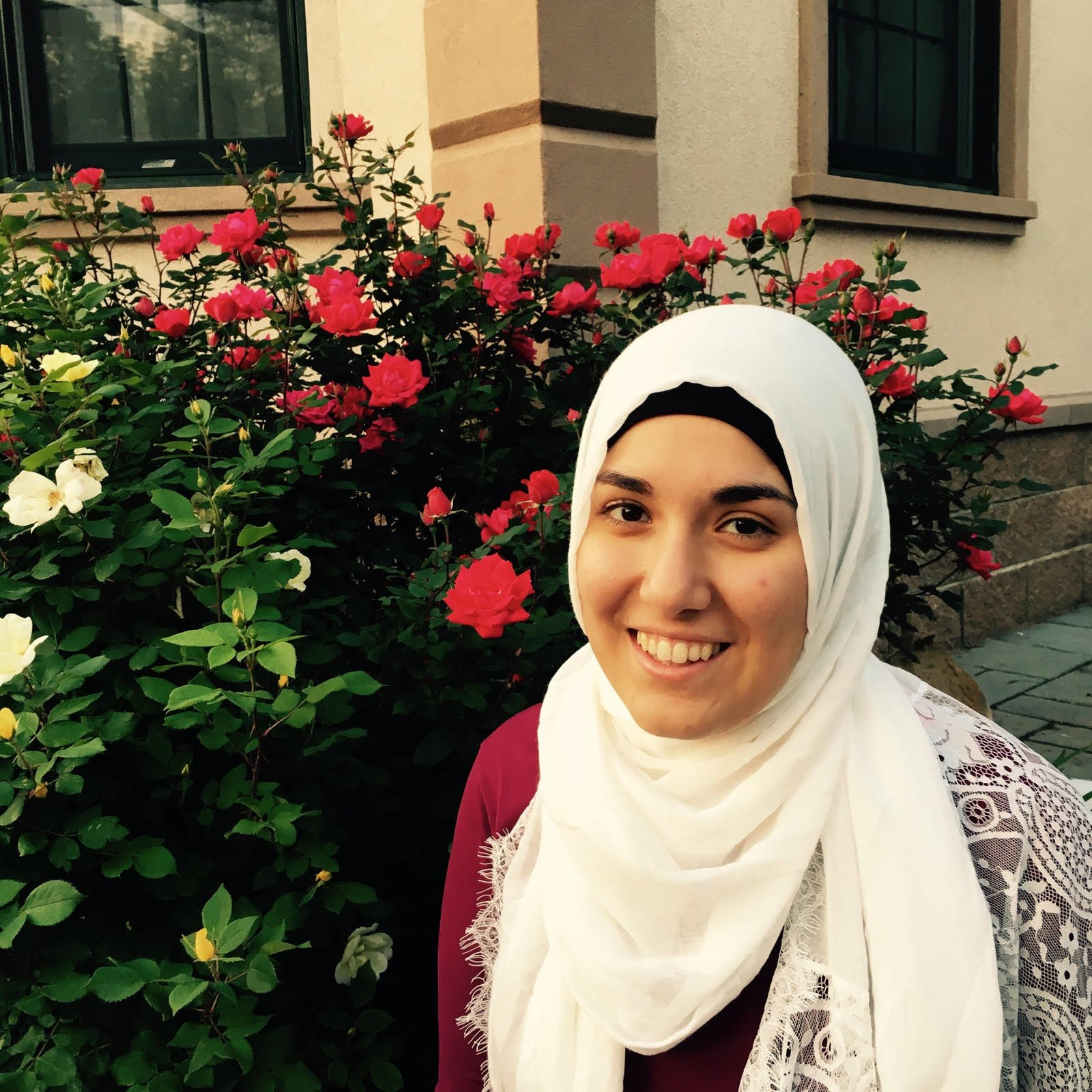
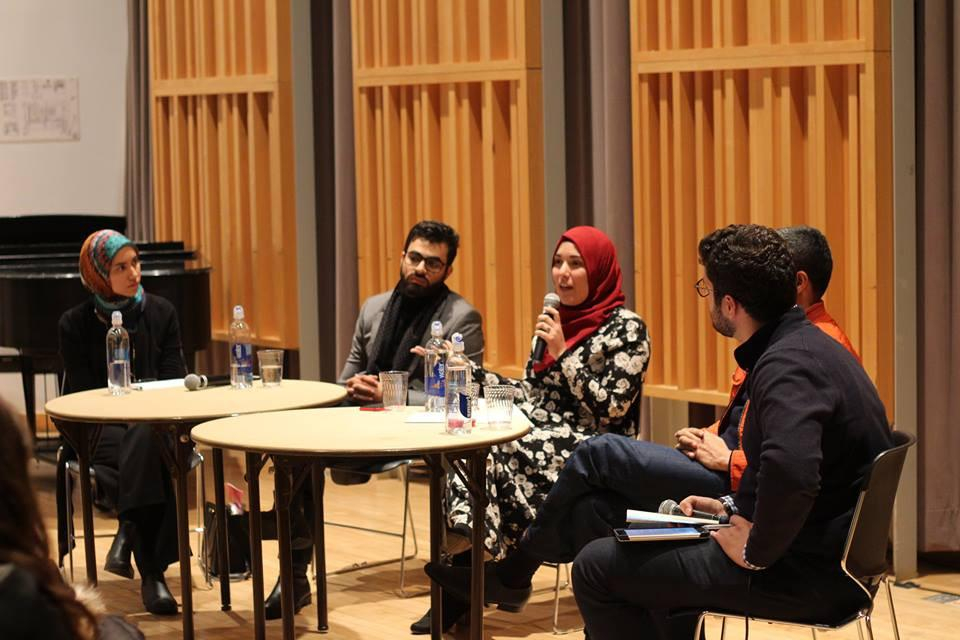
I started wearing the hijab when I was ten years old. One day my mom's friend came over and brought her daughter, who was younger than me by three years, with her. This little girl had decided on her own to start wearing the hijab, so I thought to myself, "How can she start wearing the hijab and I still haven't decided to commit myself to it?" That night, I sat with my mom and we discussed the possibility of me wearing the hijab. We decided to turn my 10th birthday party into a hijab-wearing party, and I've kept it on since.
I wore my hijab at a young age, and so when I entered college, I began to question its purpose. After a long year of reflecting, questioning and discussing, I recommitted myself to hijab. Growing up, everyone would tell us that modesty was the reason we observed hijab. When I went to college, that didn't sit with me as well because I saw many girls who were dressed modestly and did not wear a hijab. Then I attended a discussion in college where someone posed the question, "Why do we wear hijab?" We heard many audience suggestions ranging from the hijab being a symbol of Islam, to wearing it for modesty and guarding oneself, and so on. The speaker pointed out that all of those reasons are viable, but they can all be argued, so they can not be the real reason why we wear hijab. Instead, he suggested that we simply wear hijab because God asked us to. There was something beautiful in that simplicity, and with that, I recommitted myself to observing the hijab.
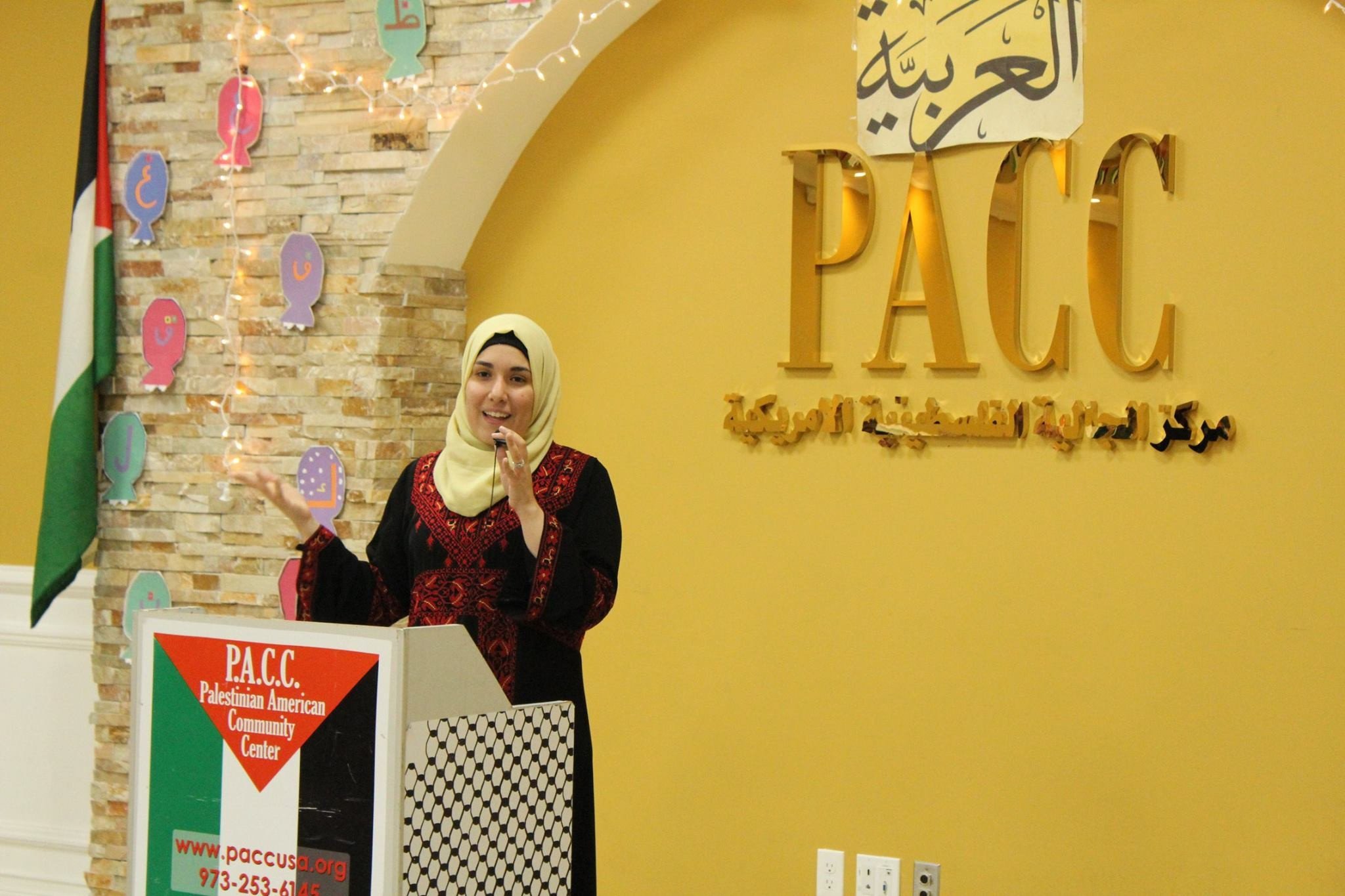
2) Tell us more about your work with the Palestinian American Community Center and your masjid (ICPC)- what are some of the greatest challenges and joys of doing this work?
I currently serve as the Executive Director of the Palestinian American Community Center, where our mission is to sustain and strengthen ties to the Palestinian heritage while empowering the success and well-being of the entire community. I formerly served as the camp coordinator of ICPC's Girls' Youth annual camp and was one of the founders of the Girls' Youth Committee at ICPC.
The biggest challenge in both organizations is figuring out how not to burn out. This work is very demanding physically, emotionally and mentally. Many times I leave work feeling so drained, and sometimes there are days when I wake up and I think I can't do this anymore because I am just so tired. This is where self-care comes in. We are each part of a family, that is part of a larger community, that is a part of humanity. We are all connected, and we have to remember that the success of others is our success as well. Even though I love my work and I love what I do, I have to remember to love myself too. I have to take some time for myself and recharge, whether that's by taking a walk in the park, going out with a friend or simply reading a book. My greatest joy and what makes it all worth it in the end is seeing the impact of the work we do. We spend hours planning, preparing and working and it is well worth the effort when you see the impact the services you provide have on the lives of people.
3) What first inspired you to get involved in nonprofit work? What keeps you motivated?
I have always had a passion for helping others. It's been something ingrained in me since I was a child. Since I was 16, I kept finding myself in leadership roles in different organizations, and at some point I decided this can't be a coincidence and started developing my non-profit management skills by taking classes, attending webinars and pursuing a non-profit management certification. When I am passionate about something, I always give 110 percent to what I do. I found my passion in non-profit work. At some point recently, I realized that I always think of the bigger picture and the theory of change that ultimately shapes the directions and impact of the non-profits I work with.
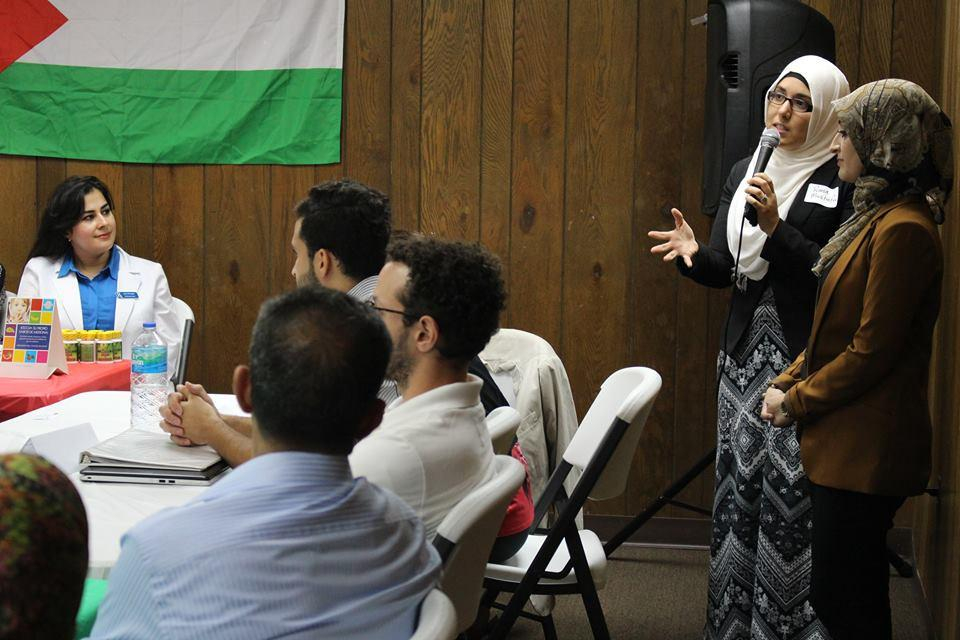
4) What is your favorite hadith of the Prophet (S) and why?
"None of you will believe until you love for your brother what you love for yourself." I have always loved this hadith and I have always tried to live by it. I think this should be everyone's motto in life. If everyone lived by this rule, a lot of our issues both on a small and large scale would disappear. Think about it -- today we live in a very "Me-Centered" world where your number one concern is always "Me" and this is very dangerous. We are each part of a family, that is part of a larger community, that is a part of humanity. We are all connected, and we have to remember that the success of others is our success as well.
5) If you could tell your 18-year-old self one thing, what would it be?
Everything will work out in the end, just put your trust in Allah SWT.
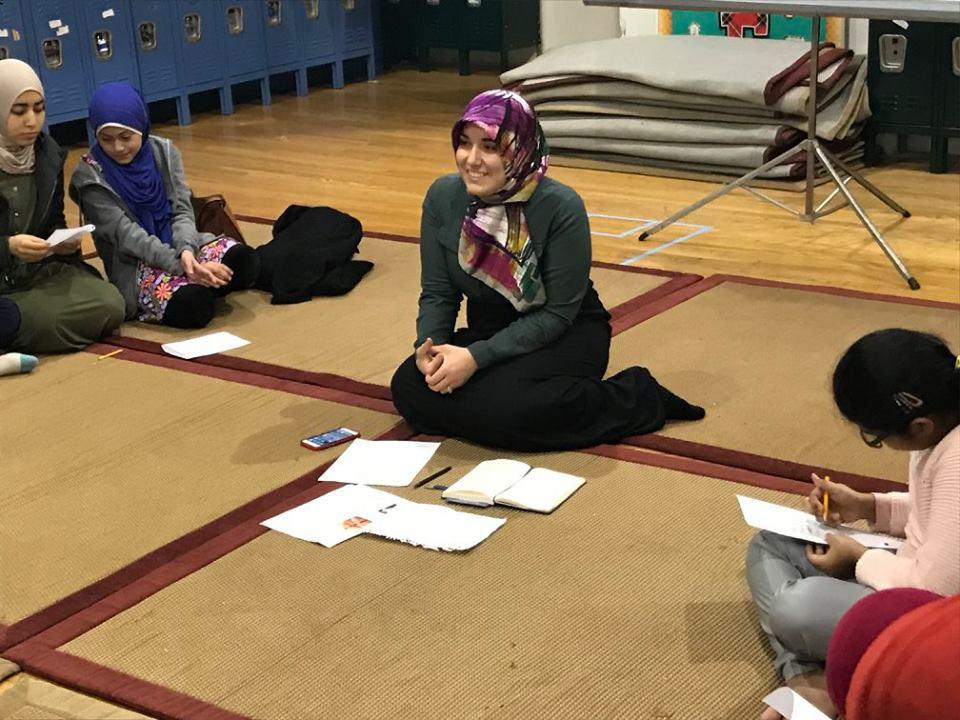
6) If you could give one piece of advice to someone struggling with hijab, what would it be?
Keep trying and don't give up. I know it can be very hard sometimes, but it is very important that you keep trying. Islam is timeless and is not here for just today or just a particular group of people. We wear hijab because Allah (S) asked us to. We may not always understand the reason, but as long as we believe that Allah (S) knows best, then we have to know that our observance of the hijab is important in the long run. It may not always make sense today, but in the grand scheme of things it has a purpose, and it's our job to follow the commands of Allah (S). He knows us better than we know ourselves, He created humanity, He knows what is needed for humanity to succeed, and He has outlined that in the Qur'an. We may not always understand it, but Hijab is part of that outline and it's our job to fulfill our part.
Is there someone you'd like to nominate for Hijabi of the Month? E-mail us at blog@hautehijab.com, and let us know what insights you enjoyed from Rania in the comments below!
Subscribe to be the first to know about new product releases, styling ideas and more.
What products are you interested in?

